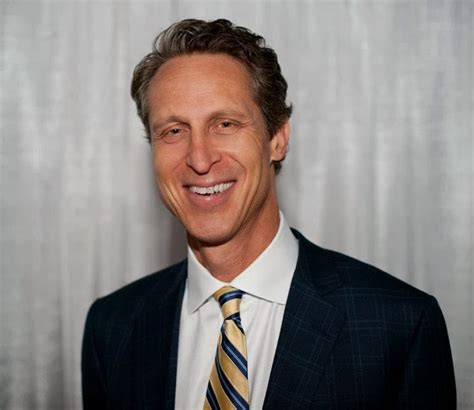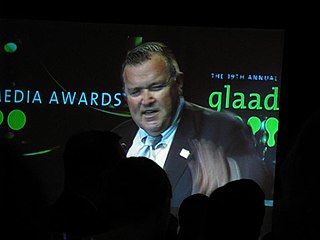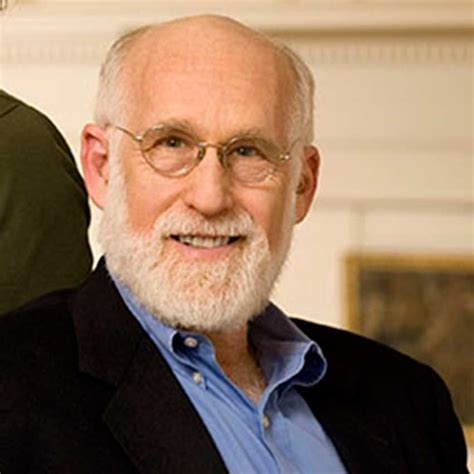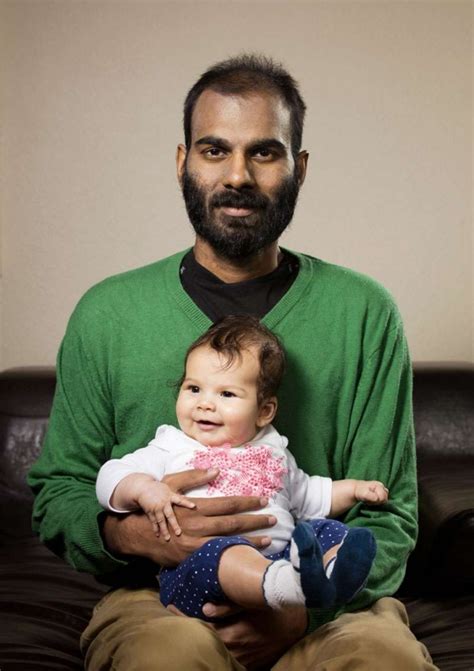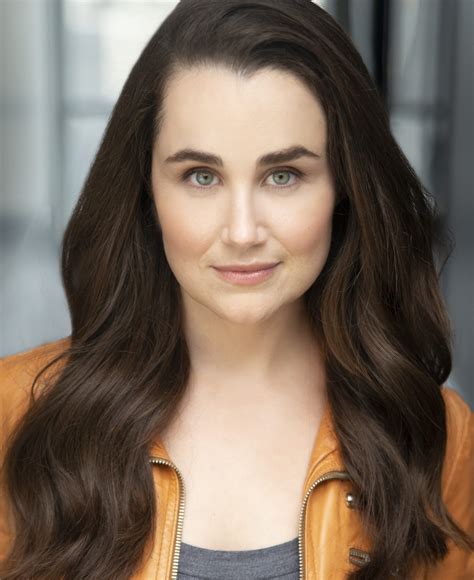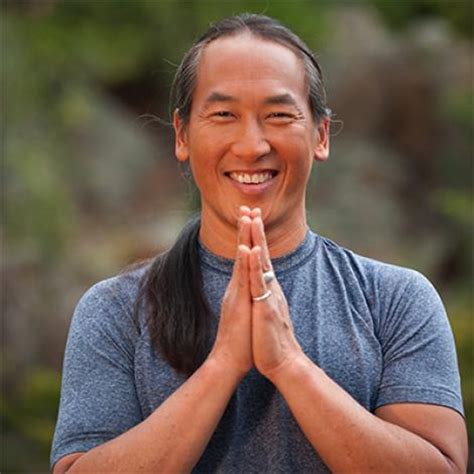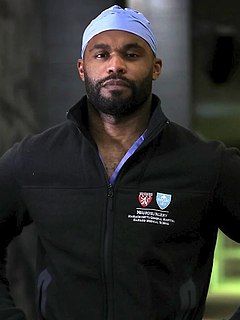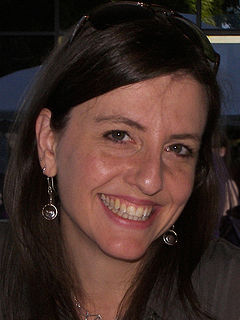A Quote by Mark Hyman
Part of my training was learning how to refer patients to cardiologists for heart problems, gastroenterologists for stomach issues, and rheumatologists for joint pain. Given that most physicians were trained this way, it's no wonder that the average Medicare patient has six doctors and is on five different medications.
Related Quotes
People and organizations other than doctors increasingly are assuming power to decide which medications to prescribe or procedures to undertake. More and more, decisions about personal healthcare are no longer made by the treating physicians in consultation with their patients, and based on the doctors' expertise.
The freedom of patient speech is necessary if the doctor is to get clues about the medical enigma before him. If the patient is inhibited, or cut off prematurely, or constrained into one path of discussion, then the doctor may not be told something vital. Observers have noted that, on average, physicians interrupt patients within eighteen seconds of when they begin telling their story.
I have sat with countless patients and families to discuss grim prognoses: It's one of the most important jobs physicians have. It's easier when the patient is 94, in the last stages of dementia, and has a severe brain bleed. For young people like me - I am 36 - given a diagnosis of cancer, there aren't many words.
Doctors should recognise the importance of the five human values; Truth, righteousness, Peace, Love and Non-violence. Love is the basis for all the other values. Doctors can infuse courage in patients by the love they show towards the patients. If doctors carry out their duties with love they will be crowned with success.
Yoga answers a lot of physical problems such as back pain, stress issues, and any kind of joint problems or illnesses. Even more important is the spiritual questioning that comes up around our middle years. We wonder what do I want to hand down to my children, and how do I want to spend my days on this earth? I think yoga begins to help us look at what our passions and our dreams are. And it helps give us the courage once we find passion to actually pursue that!
Part of what motivated my writing was anger. I was angry that the daily misery of doctors, nurses, and patients was being trivialised into soap opera. We were made to feel bad because we were not perfect like our television counterparts. We were resentful that our patients did not get better as quickly as they did on telly - or at all.
